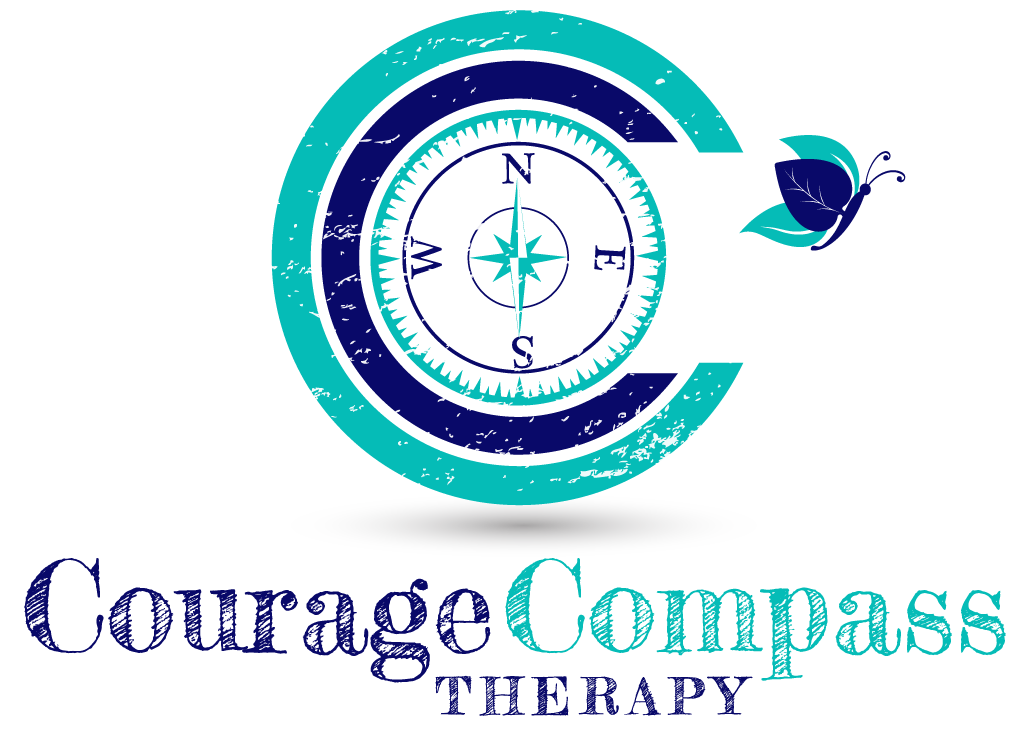Everyone else ___________________.
2. No one else_____________________.
I am going to yell so you can hear me, and for the people in the back: YOU DON’T KNOW WHAT ANYONE ELSE IS THINKING. PERIOD.
No buts…. No excuses….
YOU DON’T KNOW WHAT ANYONE ELSE IS GOING THROUGH.
EVERYONE WEARS A MASK OF “I’m ok,” “I’m fine.”
YOU DON’T KNOW WHAT GOES ON IN ANYONE’S RELATIONSHIP BEHIND CLOSED DOORS.
YOU DON’T KNOW THE ANXIETY PEOPLE EXPERIENCE EVEN THOUGH THEY LOOK COMPOSED.
YOU’RE NOT AWARE OF THE INVISIBLE PHYSICAL AND EMOTIONAL PAIN PEOPLE EXPERIENCE EVERYDAY.
They are unaware of the pain you hide, and you only see the shiny mask they are wearing. If you are hiding pain, you can be assured that others are too.
Ok, enough yelling. I don’t yell. But I need you to hear this. This comparison thing is so limiting, so obstructive, so self-defeating. You are projecting your own thoughts and feelings of shame or inadequacy onto others and believing that they think what you do. About you. You have no. idea. None.
Often, they are worried you are thinking things about them that they’ve projected onto you. If you think they’re good enough. That you have the perfect life, family, relationship, house, etc.
Why do we do this? Comparison is human nature, unfortunately. But it’s based on scarcity and does not help us. When you fall victim to your own beliefs that others think badly of you, you are voluntarily handing over your power to them. They get 100% of the power to evaluate, decide, interpret, or judge whatever it is that you may be doing explicitly or implicitly. Because you gave it to them.
We also do this because we think it protects us. “If I criticize myself, it first, then their comments or facial expressions, won’t hurt me.” As Dr. Phil says, “How’s that workin’ for ya?”
What do YOU think of you?
Are you acting in a way that’s aligned with your authentic self, who you are at your core? Are you acting in accordance with your values? If that is the case, you will be able to discuss others’ objections, criticisms, and judgments. Discuss. Not defend. Not agree or disagree. Not justify.
It might not be comfortable, fun, or easy, but you will know you’re being true to yourself, you’re being the most you. If that’s not good enough for them, then they may not be your people.
Or, the discussion may be constructive, and you can learn from it. It may lead to greater understanding which enhances connection. If you didn’t engage in the discussion due to shame, that possibility for improved connection wouldn’t exist.
If you script out the whole interaction before it happens, concluding that no one will like you, or what you are presenting (so you shouldn’t even try), you are living in an alternative reality that you’ve created. You then marinate in that place of shame, scarcity, and misery.
We don’t know what people will think. People will think a million things. We can’t control it, nor can we confirm all of those things. Not all of it matters.
Living this way inhibits you from really living your life. Showing up for yourself, as yourself.





